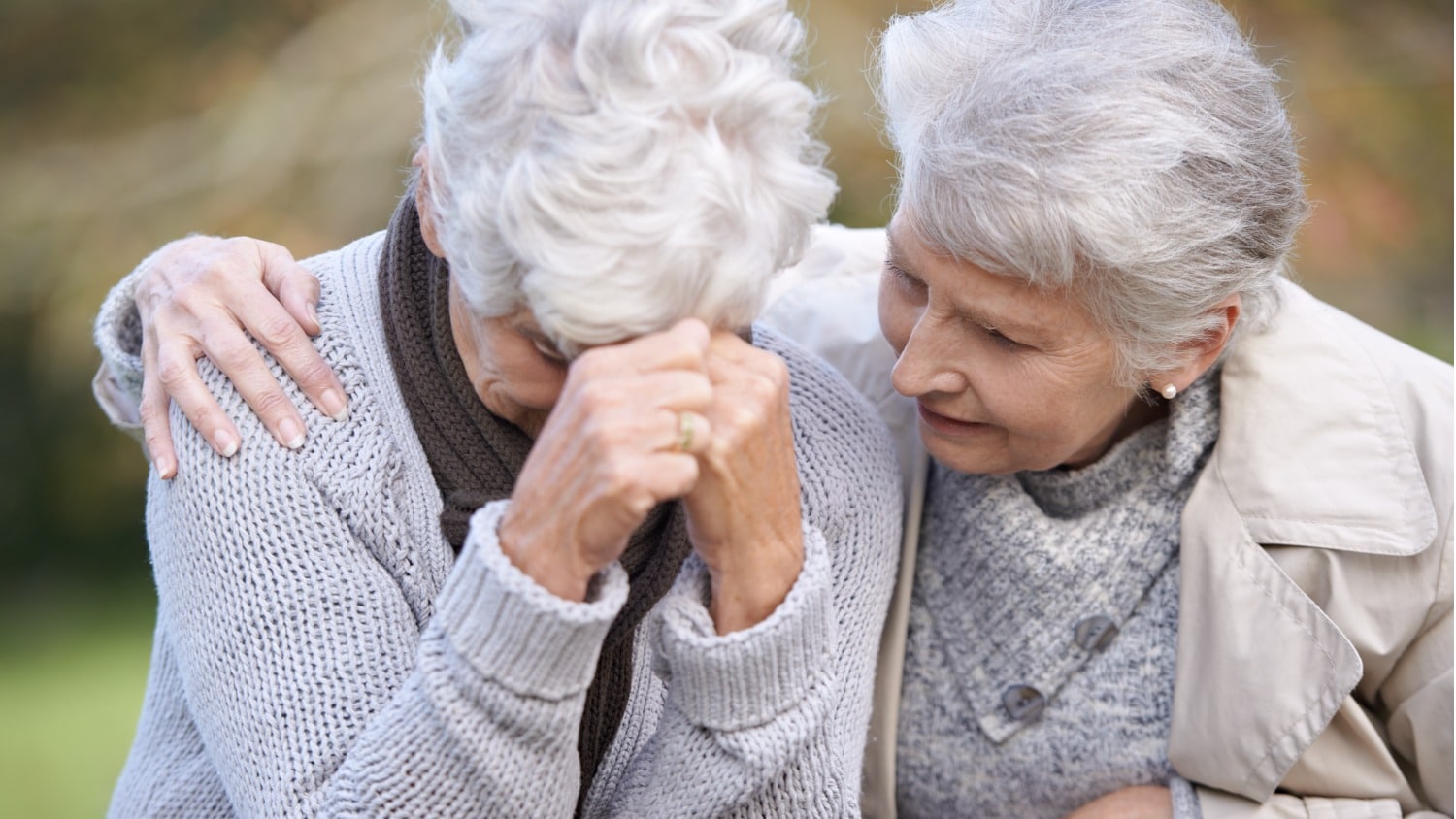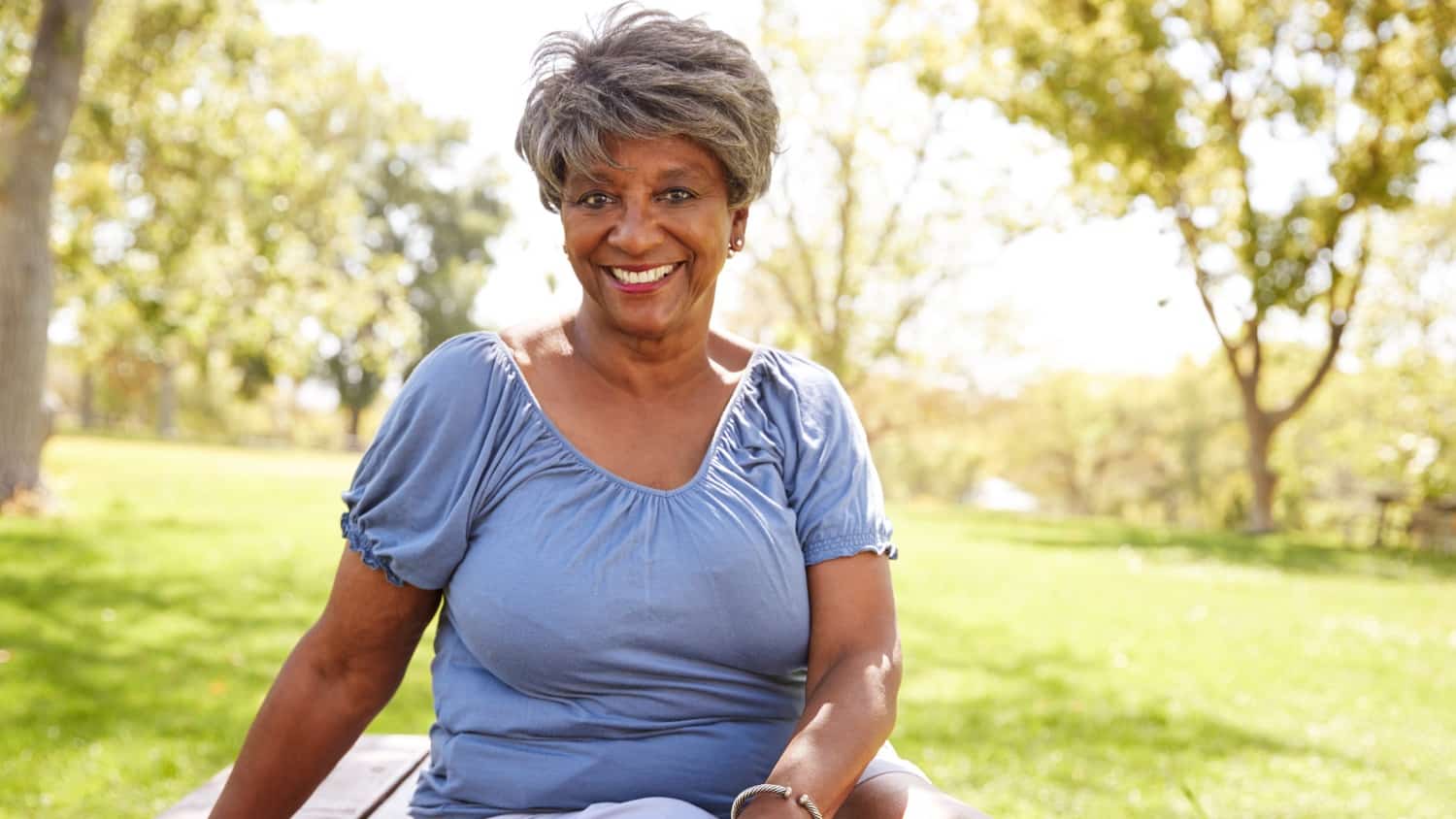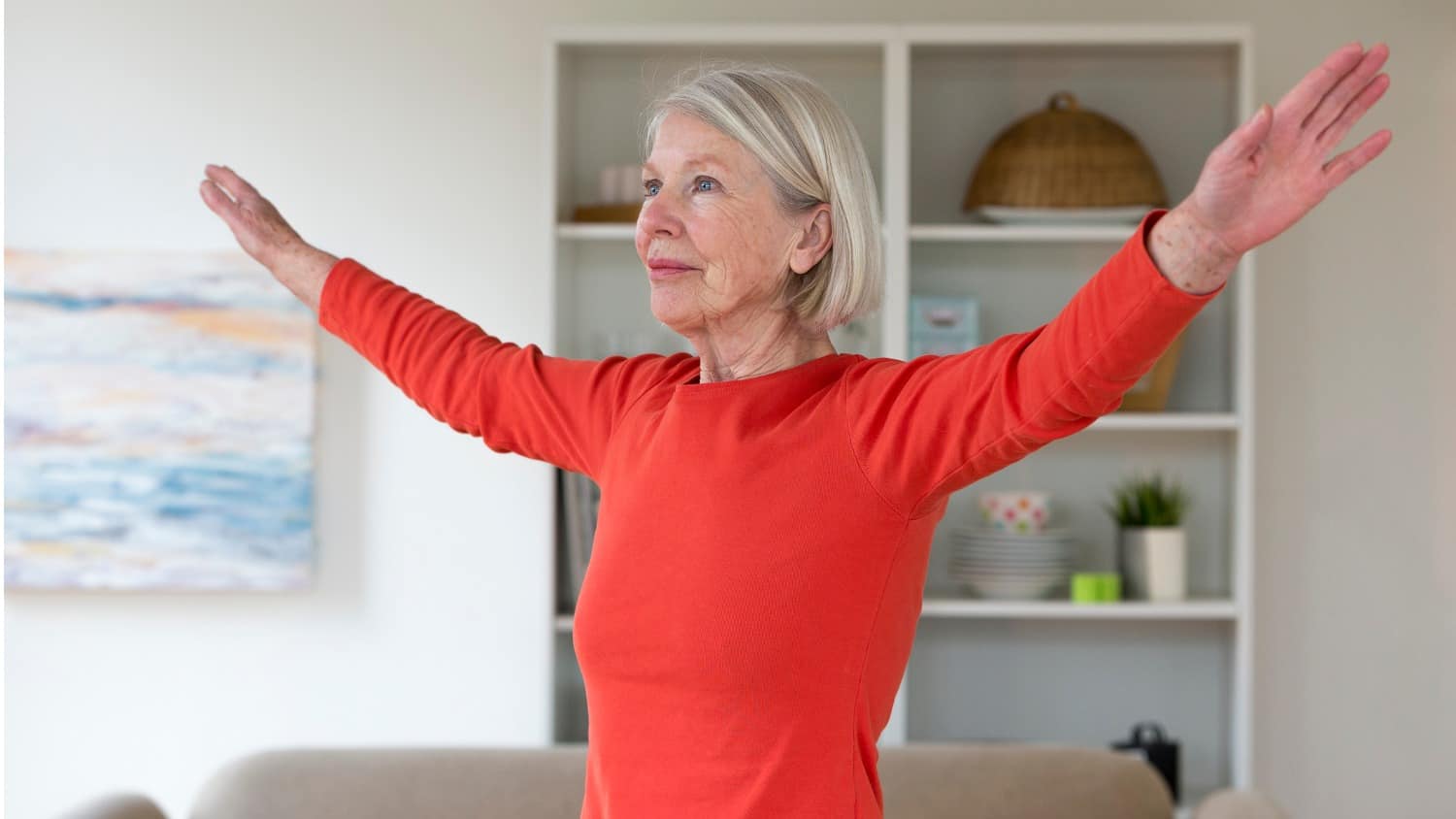
7 Myths of Grief We Need to Dismantle
We live in a grief illiterate society. We don’t like talking about death, the most certain and inevitable life event; and the one that comes to the forefront of our minds when we talk about grief. But grief shows itself around any and all losses. We grieve a break-up of a relationship, a divorce, an illness, a disability, retirement, empty-nesting, and more of life’s natural and critical transitions.
We don’t do well around sadness, our own or others’. We want to immediately jump in to make them, or ourselves feel better. We have good intentions, but we are uncomfortable around emotional pain. We often bring in a flair of cheeriness, a host of platitudes like, “You’ll get over it,” or a wave of “This too shall pass.”
Whether we feel vulnerable or it hits too close to home, we deflect to try to make it better. But better for whom? It’s when we sit with another’s pain, or our own, and allow for the deeply sad feelings to be felt that comfort and healing eventually comes.
As the saying goes, “You can’t heal what you don’t feel.” We have to go through the pain to come through it. And as Brene Brown says, “Together we will cry and face fear and grief. I will want to take away your pain, but instead I will sit with you and teach you how to feel it.”
Let’s look at a few myths around grief that need debunking so we can better serve our loved ones in their time of loss and grief, and so that we are better prepared to deal with our own grief.
Myth #1: Grief Is a Problem to Be Fixed
It is not a problem to be solved; it is a natural life occurrence that needs to be processed. Grief needs to be given a voice. And so we sit with the difficult feelings, as much as we’d like to shove them aside; and we sit and witness the other’s pain.
Myth #2: Grief Comes in Stages
The five stages of grief as set forth by Elizabeth Kubler-Ross are not linear. And not everyone experiences them all. It is not a rigid formula for working through the pain. One can go through some or all of them at any point in time, in any order.
Myth #3: Grief Is Grief and Looks the Same in All
Although grief is universal, how one goes through it is very individual. There is no one right way to do it. What is for all is that it does need to be felt and gone through. Ignoring it will not help it go away. To assume that if one is not crying, then they must be doing fine, couldn’t be further from the truth. Many tears are shed on the inside and many only cry in private.
Myth #4: Grief Is Eventually Gotten Over
There is no official end point to grief. We don’t get over it. We don’t move on; we move forward with it. We carry the loss and love with us forever. There’s no closure to grief. It changes with time. The puzzle piece remains missing and empty within us. We don’t look to replace it. Rather we grow around the hole, expanding our lives, taking along our loved one.
Myth #5: Grief Has a Calendar
Comments like, “It’s been a year, aren’t you over it yet?” or, “The second year should be much easier,” can feel dismissive and alienating. There is no timetable for grief. For many the first year is the hardest; for many others the second and third year can be brutal when the distractions of the concrete work are done, and the emotions come crashing through.
Myth #6: Grief Means No Joy or Laughter
We can hold pain and joy together. One doesn’t preclude the other. And if one is experiencing some enjoyment, it doesn’t mean grief is done and can be dismissed as, “They’re over it and have moved on” (see point 4). As the sun peeks through the clouds, we allow for moments of smiles, laughter and joy to move us. It lets us know we’re still alive. Our loved ones would not want us to die with them.
Myth #7: Grief Wants to Talk About the Loss
We tend to not want to bring the elephant out of the closet. As if we’d be reminding the griever to feel bad again. I always remember a friend telling me how when people invited him out for meals the first year after his wife died and he’d bring her up in conversation, everyone would immediately change the subject. Plans for their new kitchen, gossip about someone else would fill in their awkwardness. It left him feeling bereft and more alone. Now whose discomfort was that??
I invite us to step out of our comfort zone and tune in to another’s grief, be with others where they’re at, invite in and be a witness to grief; and become attuned listeners without bringing it back to oneself. The greatest gift we can give someone is our complete attention focused solely on them.
You may find this video helpful:
Let’s Have a Conversation:
Have you experienced any of the myths of grief? Which one was the most difficult to understand for yourself? And for others’?







I have experienced grief and am glad to know I was not insane. I am a widow and when my late husband died one of his nest friends wanted to have a big party. When he approached me about it I declined being involved. I let him know that he could celebrate if he liked. Thank you for this post. I did not do well for at least 2 years after his death: depression, antidepressants, therapy and self medication. But I got through it and have remarried. I am happy and living a great life today.
Hi Charley, So glad to hear you’ve grown and are in a good place now. Sounds like you did the ‘work’ around your grief. You did what you needed to.
So sorry to respectfully disagree with your views on grief…I feel that there are many ways to grieve and it most definitely is different for us all .Also know quite a few people that never reach the end of grieving stage. sorry to disagree but truth must be told….
Hi Vickie, I agree with you. Check back to points 3 and 4.
Another kind of grieving is that of parents of children with disabilities — you grieve both for the loss of the things that typical kids do that they won’t — and for your own dreams of the child you thought you’d be having. There is a wonderful essay called “Welcome to Holland” that helps us understand — but as the parent of an adult with lifelong disabilities, I can say the grief still hits when you least expect it — at a wedding, when your best friend becomes a grandparent, when other children achieve goals and aspirations and your young adult has to sit on the sidelines or change what they want to do. And the biggest grief and worry of all is knowing that your child/adult may outlive you and, no matter how much you have planned and arranged for them, no one will ever love and care for them as you do.
Hi Nancy, I totally relate to you here as I too have an adult daughter with disabilities. In fact, when we first out she would have lifelong disabilities, I went to see a therapist specializing in grief and loss because this is a huge loss. It’s the shattering of dreams and rebuilding new ones around a new reality. That takes work: both to grieve the loss and to eventually and slowly begin to rebuild around new goals and dreams. I remember my main one at the time when she was a baby was that I want her to be as independent as possible; and that became my guide post in raising her.
And yes, Welcome to Holland is wonderful.
This article is worth reading. The video helped. Thank you.
Hi Susan, I’m glad this was all helpful. Thank you for adding your voice here.
Yes! Wonderful explanations! So needed.
Hi Barbara, Thank you. I wanted to be brief here to get some of the major points out there concisely.